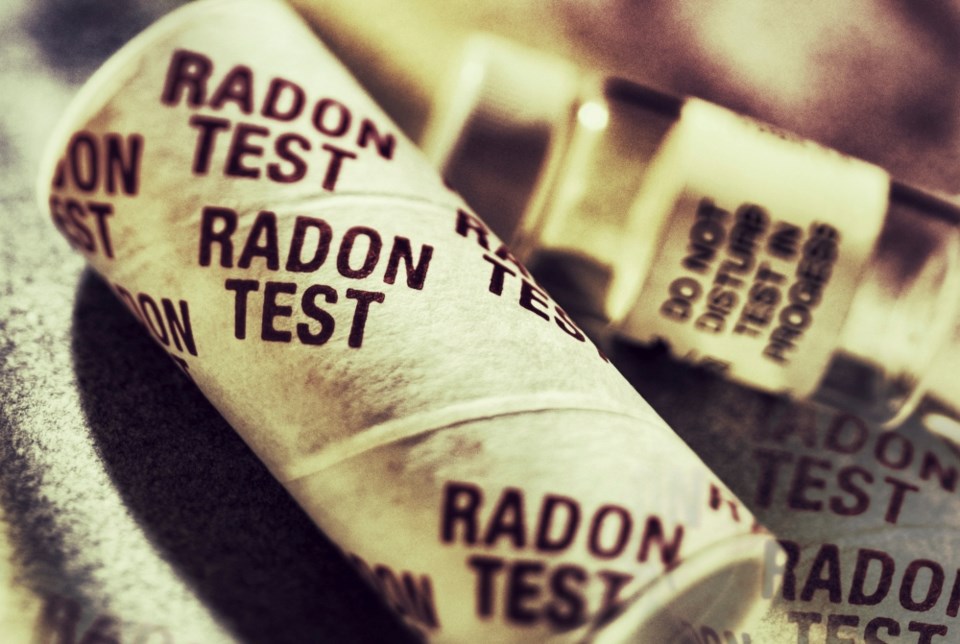ESTEVAN - The City of Estevan will be working with Take Action on Radon, a coalition of national health organizations, to raise awareness of the dangers of radon gas.
The city is inviting all residents to participate in the 100 Radon Test Kit Challenge, which is a program that provides free radon test kits to residents. All participants in the program are encouraged to attend a radon information session to learn more about the health effects of radon, why it’s a concern in the area and the Health Canada recommendations.
The radon information session will take place on Nov. 23 at 6 p.m. Participants can register online and receive a link on Zoom or watch live through Facebook. People will be able to pick up their radon test kits from Nov. 25-Dec. 2, as supplies last, from the Estevan Public Library.
The online information session will also provide all participants with details on where and when to pick up their free radon detector.
Radon gas is the leading cause of lung cancer in non-smokers and can be found in elevated concentrations in homes across the country. While Canada has had a National Radon Plan for over a decade, many Canadians remain unaware of the gas.
“On average, 58 Canadians will die from lung cancer every day, making it the leading cause of cancer death in Canada,” said Lynn Murad, a cancer prevention specialist with the Canadian Cancer Society. “It’s important that Canadians know they can control their risk from radon by testing their homes and reducing their exposure.”
Katharina Ulbrich is co-ordinating the program for Estevan.
“After learning about this program, I thought it was a great opportunity to help families test their homes for radon. We are all spending more time at home, and so it’s an important step for families to take to reduce their radon levels,” said Ulbrich.
“Radon is a well-established human carcinogen and testing and reducing radon levels is an important method of lung cancer prevention.” said Dr. Anne-Marie Nicol, a researcher from the Faculty of Sciences at Simon Fraser University. “Residential radon is marked as Canadians' primary exposure to radon; preventing radon exposure will reduce the number of Canadians dying of lung cancer.”
“Testing for radon is simple to do, and there are effective solutions available to reduce radon levels in homes where radon levels are elevated,” said Pam Warkentin, executive director of the Canadian Association of Radon Scientists and Technologists, and the project manager for Take Action on Radon. “The first step is to know your radon level. Every home needs to test for radon – it’s that simple.”



